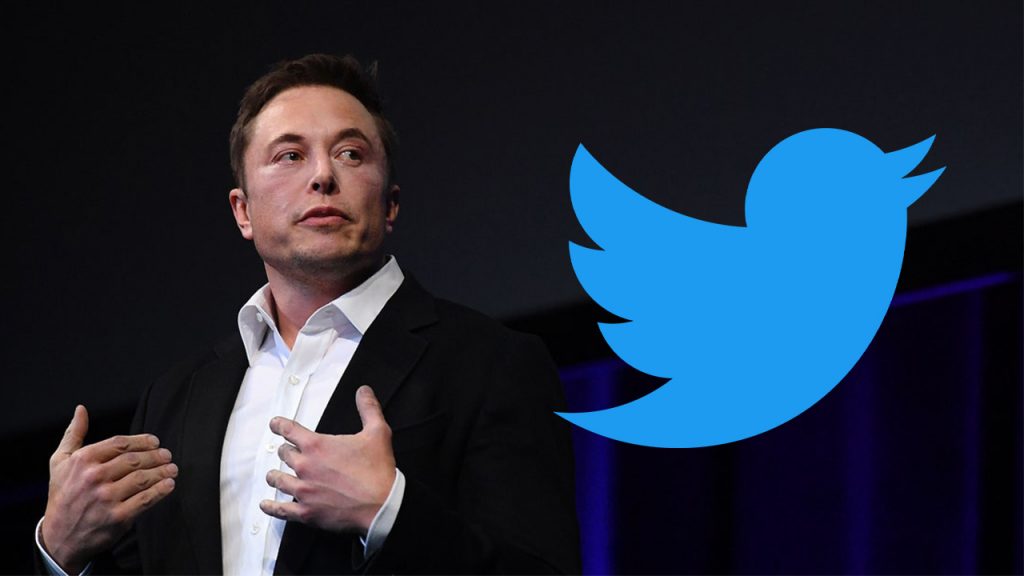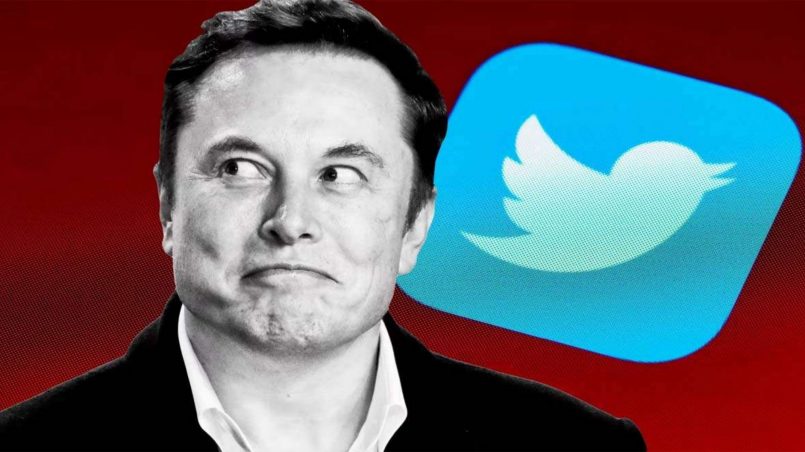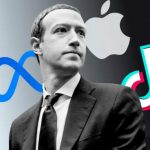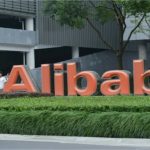Will Elon Musk’s acquisition of Twitter be a massive success or a complete failure? There are two different ways in which we can judge this acquisition: (1)as an investment and (2)as something that makes Twitter a better product for users. To figure out how successful Elon will be in both of those areas, let’s quickly run down what’s happened so far in this crazy saga.

Elon first announced that he wanted to buy Twitter back in April, he offered $44 billion for the company much more than the $30 billion that the company was worth at the time. Twitter shareholders were over the moon, the stock market was tanking yet here was Elon Musk ready to pay a premium price for the company. So naturally, they push Twitter’s board to accept the offer. But just a month later, Elon had a change of heart, whether it be because he saw the market selling off or if you realize how challenging it would be to manage Twitter. He didn’t want to buy the company anymore. So what did Elon do? He claimed that Twitter’s management was lying about the number of bots and fake accounts that made up Twitter’s user base and accusation he used as an excuse to get out of the deal. Twitter’s shareholders weren’t happy about this, but fortunately for them, the buyout agreement was rock solid, so they urged the company to sue Elon in order to force him to complete the acquisition.
Over the next few months, there was a lot of back and forth and a lot of name calling but in October just before the case was about to go to trial, Elon capitulated and closed the deal likely because he realized that he would lose in court. So that’s when Elon became the reluctant owner of Twitter, a social media company that he loved but which hadn’t reached his full potential according to him.
With full control of Twitter, Elon took immediate action in just a week he fired half of Twitter 7500 employees, then he told the remaining workers that they would have to work long grueling hours in order to stay employed at the company. The ultimatum cost hundreds of employees to resign and it brought Twitter’s workforce down to around 2000 people where it stands today or a quarter of what it was before the acquisition.
Now there are two reasons why Elon cut Twitter’s workforce so dramatically, one he believes that the company was too bloated with too many employees and non critical roles. He wants the majority of employees to be involved in improving Twitter directly through coding and design. Secondly, Elon needed to prune the workforce in order to cut costs, so he can make payments on the $13 billion dollars of debt that Twitter took on as a result of the acquisition, annual interest payments on the debt are estimated to be a whopping $1.2 billion.
To put that in context, Twitter lost $200 million last year and it only had $50 million of interest expense back then. So the workforce reductions were necessary to save money so the company can pay its lenders. But the problem is as a result of the layoffs and the resignations, Elon now has far fewer workers to help him reach his goals. Now this is probably a good time to talk about what Elon is goals with Twitter are to begin with. Only he knows exactly what his aims are but we can assume that on the investment side, Elon wants to create enough value so that Twitter is worth much more than the $44 billion that he paid for it. Then on the product side, Elon has said that he wants to make Twitter into a platform that allows and protects free speech.
He’s also said that he wants to turn it into a super app that offers dozens of services similar to what we see with China’s WeChat, an app that offers everything from text messaging to e-commerce to gaming.
Let’s start with the product side, Elon has already started to make moves to turn Twitter into more of a free speech platform. He’s unbanned provocative figures like Donald Trump, Kanye West and Andrew Tate. And he’s generally moved in a direction where more controversial speech is allowed on the platform. But there are obviously limits to the type of speech that Twitter can allow before: (a) it turns off the majority of users and advertisers, and (b) it runs up against laws in countries where speech is more restricted than it is in the United States.
European Union officials have already warned Elon that Twitter must abide by the EU restrictions on hate speech and disinformation while a number of major companies have paused advertising on Twitter as they wait to see how the company’s new policies impact the civility of the platform. So I think it’s fair to say that Elon is turning Twitter into a platform that’s a bit more permissive when it comes to speech but not dramatically. So he’s still limited by local laws and the reaction of users and advertisers. You could also say that the current system of having Elon decide what type of speech is allowed on the platform based on his judgment or random Twitter Polls isn’t any better than the old system and could be worse.
Some decentralized Twitter competitors like the Blue Sky Protocol, backed by Twitter founder Jack Dorsey, offer a more radical shift in how social media are organized and moderated. By comparison, Elon is only making incremental changes around the edges nothing major.
That brings us to Elon’s second goal, turning Twitter into a super app or an everything app. It’s fair to say that this is an extremely ambitious undertaking would you want to use Twitter to store your money and make payments? How about to order dinner or watch movies, it’s easy to talk about creating a super app but it’s very difficult to do in practice. Much larger, more successful social media platforms like Facebook, Instagram, WhatsApp, and even Snapchat have been trying to mix dozens of services into a single app but it hasn’t been easy. Twitter with a fraction of the user base of those other apps will find it even harder to do, if anything Twitter needs to focus on making its core social media product more engaging before it even thinks about expanding into other services that’s already going to be difficult to do because Twitter’s workforce is in shambles right now.
And competition is extremely stiff and the social media space most social media platforms are shifting towards primarily serving AI recommended content, a model pioneered by Tick Tock, those recommendation engines are extremely expensive to develop. Meta for example is investing billions of dollars to build out its AI capability, with limited funds at hand, Twitter will find it hard to keep up. Elon has talked about bringing back vine, a short form video platform that Twitter shut down several years ago, but it’s hard to imagine a revamped vine having any chance against Tick Tock, IG reels, or YouTube shorts.
So without some type of dramatic change beyond just unbanning a few controversial accounts, Twitter is the same company that it was before Elon acquired it, just with a massive pile of debt and far fewer employees to turn to if something goes wrong or to build out new features. Twitter is the dominant company in his microblogging niche and it has an outsized influence on popular culture but that’s always been the case. For Elon’s acquisition to be considered a success, we need to see big changes at Twitter, something that brings hundreds of millions of new people onto the platform either to tweet or use new features that the company comes up with. So far we haven’t seen those changes but you could argue that is still really early.
A significant shift that we have seen though is the way that Twitter approaches monetization, Elon wants to make Twitter far less dependent on advertise to do that he’s putting a lot of energy into Twitter Blue, the company subscription service, the initial rollout of Twitter Blue was very rocky so it’s been put on hold for now. Once it comes back, we’ll see whether people are willing to pay $8 a month for a blue checkmark next to their name along with some other benefits. The more people who subscribe to Twitter Blue, the less dependent that Twitter is on advertising and the more room it has to experiment. For Twitter to completely replace its ad revenue with subscription revenue, at least a fifth of the user base has to subbscribe to Twitter Blue, we’re probably not going to see anything close to that because people just don’t like to pay for social media directly, more likely than not for the foreseeable future ads are going to be the predominant way in which Twitter generates revenues just like it is with other social media companies.
So that brings us back to the original question, is Elon’s acquisition of Twitter going to be a success or a failure? Personally, I’m skeptical that he’s going to be able to reinvent Twitter into some kind of new and improved platform that appeals to hundreds of millions of new people, their social media space is competitive and Twitter would need some kind of killer new feature to change his reputation and bring more people aboard. In general social media is moving more towards video, which is much more engaging than text or even photos. Twitter has its uses, but it’ll probably never be as popular as the big social media platforms that most of us use every day.
That said, you can’t completely count out Elon Musk since he’s been so successful at his other companies like SpaceX and Tesla, so we need to see what kind of tricks he has up his sleeve before we can make a final judgement about how successful his acquisition was from a product perspective.
On the other hand, as an investment, the Twitter acquisition will almost certainly go down as a failure. And that’s mostly because of timing. Elon bought Twitter at an inflated price just as the bottom was falling out of the stock market in general and the tech sector in particular. Elon paid eight times sales for an unprofitable company when competitors are trading at valuations that are one half of that, or 1/3 of that today. Many years from now, if Twitter continues to grow and the stock market rebounds, then Twitter’s value might exceed $44 billion again, but it’s going to be a long time before that happens, if it does.
And even then Elon probably would have been better off keeping his money in cash or investing in an index fund. Worst case if things get really bad at Twitter, then Elon might have to raise more money to pay the bills diluting the value of his stick, bankruptcy also can’t be completely ruled out as long as there’s such a big pile of debt hanging over the company.
Time will tell whether this was a good acquisition or not, but let me know what you think in the comments section.
Get South Africa’s latest entrepreneurial or business success stories delivered right to your inbox — Sign up to Entrepreneur Hub SA’s newsletter today ⬇️⬇️⬇️

eBook: 50 South African Entrepreneurs Reveal HOW THEY MADE IT




